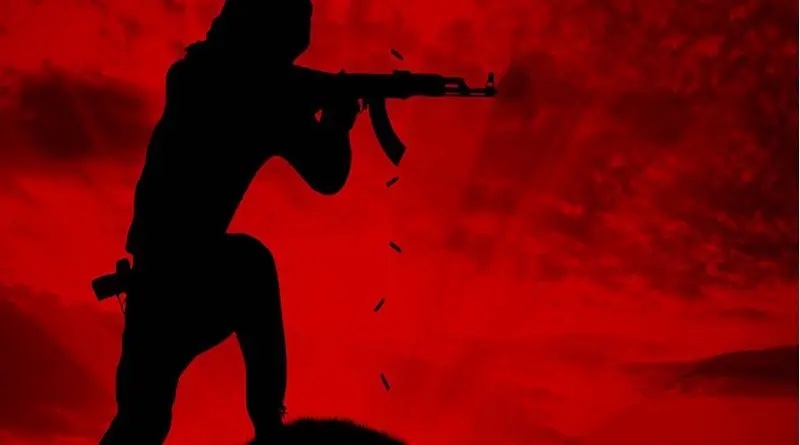India: What Good Is National Counter Terrorism Centre? – Analysis
Compromises might be good for marriage, but in the context of national security, settling for watered-down version of a security architecture is as good as not having one. What is now being proposed in the name of a National Counter Terrorism Centre (NCTC) is a case in point.
About a year after the 2008 Mumbai terrorist attacks that exposed India’s unpreparedness to deal with organised terror, Home Minister P Chidambaram outlined his plans for providing the country with a robust security apparatus.
Speaking at the Centenary Endowment Lecture of the Intelligence Bureau on December 23, 2009, the home minister underlined, among other things, the need to set up two new organisations—the National Intelligence Grid (NATGRID) and the NCTC. Two years since the address, the NATGRID has only received an in-principle approval from the Cabinet Committee on Security (CCS).
The idea for an NCTC, described as a definite ‘way forward’ in Chidambaram’s 2009 speech, was inspired by a similar experiment by the US, which took about 36 months to set up the organisation. Chidambaram had said on December 29, 2009, that “India cannot afford to wait for 36 months”. He insisted, “India must decide now to go forward and India must succeed in setting up the NCTC by the end of 2010.”
We are in January 2012 and the NCTC still meanders in darkness. And yet, the Ministry of Home Affairs (MHA) in its 2011 year-end assessment insisted that the country’s capacity to deal with terror has increased manifold. It is difficult to rationalise such sense of achievement.
What has now been arrived at in the form of a blueprint prepared by a high-level committee consisting of the national security adviser, the Cabinet secretary and the home secretary, is a watered-down version of the NCTC.
Chidambaram in 2009 had insisted that the role of the NCTC will “include preventing a terrorist attack, containing a terrorist attack should one take place, and responding to a terrorist attack by inflicting pain upon the perpetrators.” The NCTC, as the compromised formula, however, will be an “executive body” with “no enforcement powers”.
As per the committee’s recommendations, the NCTC to be created will have no forces under its command to carry out anti-terror operations. Anti-terror cells in all the states will continue to remain the nodal point for any such operation.
Whereas the MHA wanted the NCTC to “pre-empt, contain and respond” to any terror strike by carrying out operations, the committee argued that the political environment in the country is not conducive for a bill that goes against the will and existing powers of the individual states.
Chidambaram had insisted that “once the NCTC is set up, it must have the broad mandate to deal with all kinds of terrorist violence directed against the country and the people. While the nature of the response to different kinds of terror would indeed be different and nuanced, NCTC’s mandate should be to respond to violence unleashed by any group—be it an insurgent group in the north-east or the CPI(Maoist) in the heartland of India or any group of religious fanatics anywhere in India acting on their own or in concert with terrorists outside India”.
The committee’s recommendations, however, keep Maoist extremism out of the purview of the to-be-created NCTC.
Interestingly, the committee’s recommendations have come for some praise from quarters who insist that “an agency with sweeping powers to override state governments and operate unilaterally might actually end up in more bottlenecks, information chokes and logistical blunders”.
What is, however, not realised is that counter-terror isn’t exactly a business that is scripted on a give-and-take formula. The culture of little tinkering here and there in the name of erecting a security architecture brings no good for the country, let alone augment its capacities against terrorism. The culture of satisfying all may be good for political survival, but smacks of dishonesty to the larger goal of securing the country.
To be fair to Chidambaram, the fate of NCTC is a reminder of the difficulty of security sector reforms in India. Even after the horrific terrorist attacks, there is no political unanimity on a counter-terror security architecture. Worse still, while the existing security institutions are unwilling to give up on what they consider to be their playing field, the MHA is in no position to make them fall in line. In the process, India sends out a weak message to both the victims and the perpetrators of terror, that it hasn’t gathered its will to take the bull by its horns.
This article appeared at ExpressBuzz

